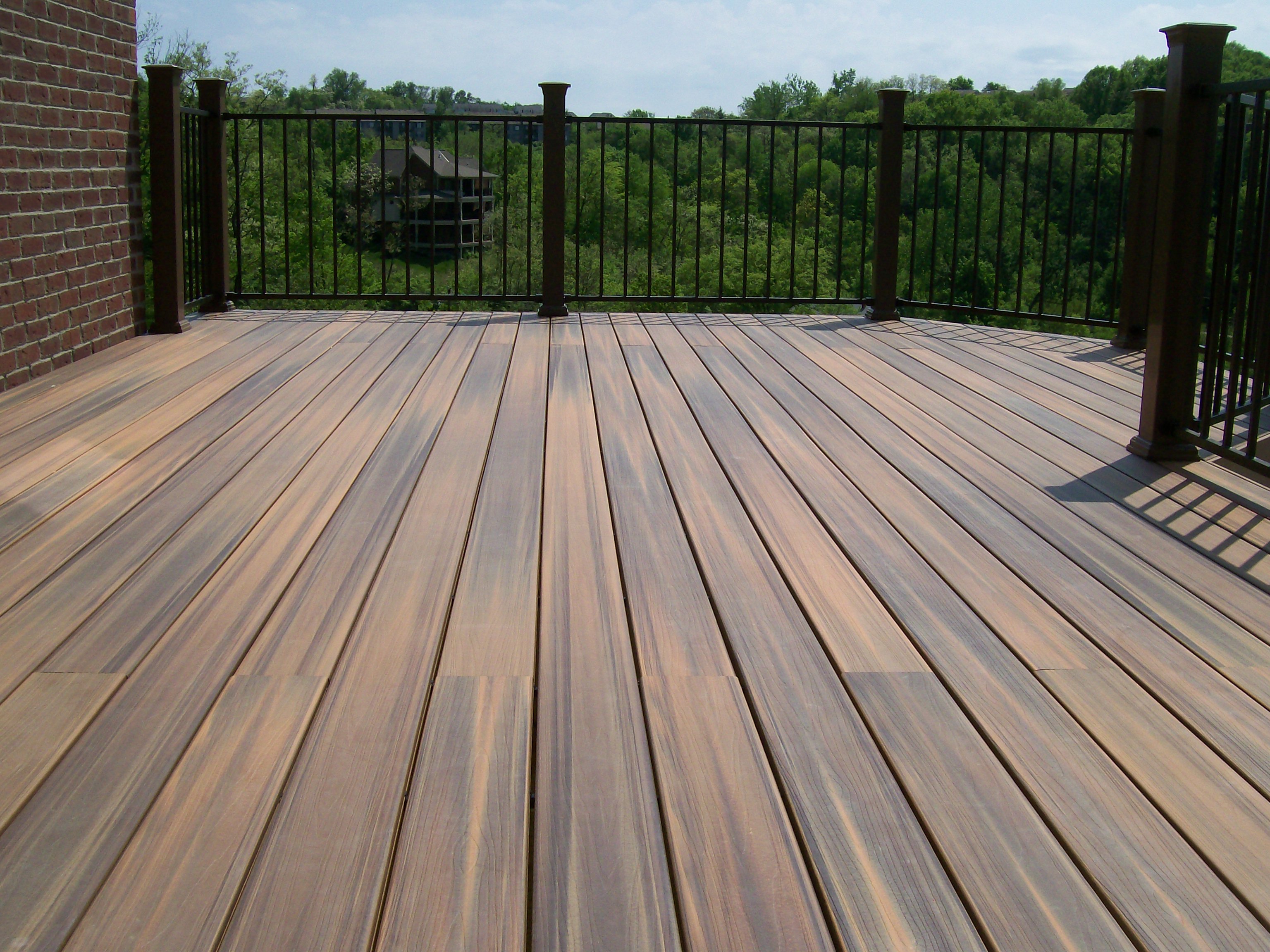Timber and composite are the two most popular material options for decking Melbourne-wide, with their list of benefits and drawbacks. The correct choice for every garden varies with a budget, required durability, and dedication towards properly maintaining it.
Last but definitely not least, it depends on the overall look you want to achieve. Here we will discuss the basic comparisons between the 5 key factors to help you arrive at a decisive solution.
Decking Costs
The type of wood used greatly impacts the cost of timber decking Melbourne boards. Softwood boards are way cheaper than hardwood boards and most composite decking options.
Hardwood and composite decking boards have comparable prices, but wood decking requires more meticulous maintenance. You need to spend some extra money on purchasing stains or oils to increase the durability and shine of wooden decks.
Decking Life Spans
A portion of rotten timber can easily be replaced without tearing the whole deck down. Wood can also be easily sanded down. A well-maintained timer deck lasts a lifetime.
However, it requires dedicated maintenance to ensure durability.

Composite decking, on the other hand, also lasts for 2 to 3 decades and demands minimalistic maintenance. It requires regular cleaning, without the need to stain it regularly to prevent moisture damage.
One major drawback of composite decking is that the plastic component makes it prone to scratches, which are more difficult to repair than timber.
Environmental Impact
Wood is the most environmentally friendly material you can use for decking purposes. Moreover, it is responsibly sourced to further minimise environmental impact.
On the other hand, composite decking is a blend of wood and plastic fibres. Wooden fibres are often recycled, but it is plastic that causes the most impact on the environment.
The production process and the by-products often have a big impact on the environment.
Strength of the materials
One plus point of using timber decking is its core strength. As composite decking is not made from structural material, it requires more support when compared to timber decking.
This drawback can be easily overcome with the use of joists placed closer together to provide better support, but this increases the cost of the deck structure.
Aesthetics
Both timber and composite decking have their own set of benefits and drawbacks, which you can choose as per your preference and home architecture. However, a composite deck is less slippery than timber if we talk about structure.
Composite decking also has more colour and finish options when compared to wood. Every composite deck board will have the same colour, whereas the timber decking may have colour variations because it is natural wood.
In Conclusion…
The ultimate decision of decking Melbourne material comes down to personal choices. Some like a more natural look, whereas others like a uniform finish.
If you have older people or children in your home, you may prefer composite decking, as timber decking could get slippery. So consider all the above factors before choosing the perfect material for your beautiful decks.


